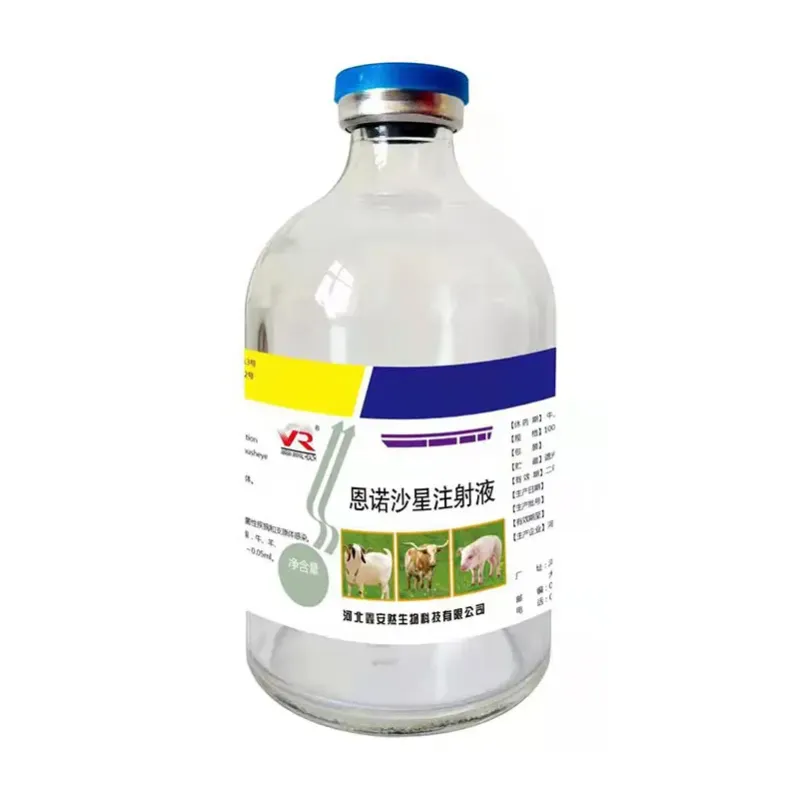- Afrikaans
- Albanian
- Amharic
- Arabic
- Armenian
- Azerbaijani
- Basque
- Belarusian
- Bengali
- Bosnian
- Bulgarian
- Catalan
- Cebuano
- Corsican
- Croatian
- Czech
- Danish
- Dutch
- English
- Esperanto
- Estonian
- Finnish
- French
- Frisian
- Galician
- Georgian
- German
- Greek
- Gujarati
- Haitian Creole
- hausa
- hawaiian
- Hebrew
- Hindi
- Miao
- Hungarian
- Icelandic
- igbo
- Indonesian
- irish
- Italian
- Japanese
- Javanese
- Kannada
- kazakh
- Khmer
- Rwandese
- Korean
- Kurdish
- Kyrgyz
- Lao
- Latin
- Latvian
- Lithuanian
- Luxembourgish
- Macedonian
- Malgashi
- Malay
- Malayalam
- Maltese
- Maori
- Marathi
- Mongolian
- Myanmar
- Nepali
- Norwegian
- Norwegian
- Occitan
- Pashto
- Persian
- Polish
- Portuguese
- Punjabi
- Romanian
- Russian
- Samoan
- Scottish Gaelic
- Serbian
- Sesotho
- Shona
- Sindhi
- Sinhala
- Slovak
- Slovenian
- Somali
- Spanish
- Sundanese
- Swahili
- Swedish
- Tagalog
- Tajik
- Tamil
- Tatar
- Telugu
- Thai
- Turkish
- Turkmen
- Ukrainian
- Urdu
- Uighur
- Uzbek
- Vietnamese
- Welsh
- Bantu
- Yiddish
- Yoruba
- Zulu
Դկտ . 25, 2024 07:27 Back to list
Injection of Dexamethasone Sodium Phosphate 1mg for Treatment and Management of Inflammation
Dexamethasone Sodium Phosphate Injection A Comprehensive Overview
Dexamethasone sodium phosphate is a potent corticosteroid widely utilized in medical settings for its anti-inflammatory and immunosuppressive properties. This article aims to provide a detailed examination of this medication, specifically focusing on its formulation as an injectable solution of 1 mg, its uses, mechanism of action, side effects, and considerations for patient management.
What is Dexamethasone Sodium Phosphate?
Dexamethasone is a synthetic glucocorticoid that mimics the effects of cortisol, a hormone produced by the adrenal glands. The sodium phosphate form enhances the solubility and bioavailability of the drug, allowing quick and effective absorption when administered via injection. Typically, it’s available in various strengths, including a commonly prescribed 1 mg formulation.
Indications for Use
Dexamethasone sodium phosphate injection is indicated for various conditions, primarily those requiring swift interventions in inflammatory and immunological processes. It is frequently used in the treatment of
1. Allergic Reactions Severe allergic responses can be life-threatening; dexamethasone helps reduce inflammation and modulate the immune response. 2. Autoimmune Diseases Conditions such as lupus or multiple sclerosis benefit from its immunosuppressive effects.
3. Respiratory Disorders In situations such as asthma exacerbations or chronic obstructive pulmonary disease (COPD), dexamethasone can alleviate inflammation in the airways.
4. Cancers As part of chemotherapy regimens or for conditions such as cerebral edema associated with tumors, dexamethasone plays a critical role in managing symptoms and side effects.
Mechanism of Action
Dexamethasone exerts its effects primarily by binding to the glucocorticoid receptor, which is present in nearly every cell type. This interaction leads to various molecular responses, including
- Inhibition of Pro-inflammatory Cytokines Dexamethasone reduces the expression of inflammatory factors like interleukins and tumor necrosis factor (TNF), ultimately leading to decreased inflammation
.injection dexamethasone sodium phosphate 1mg

- Stabilization of Cell Membranes The drug also stabilizes lysosomal membranes, reducing the release of damaging enzymes during inflammatory processes.
- Protein Synthesis Modulation Dexamethasone promotes the synthesis of anti-inflammatory proteins, contributing to its healing properties.
Side Effects
While dexamethasone is immensely beneficial, it is not without side effects. Healthcare providers must weigh the benefits against potential risks. Common side effects include
- Gastrointestinal Distress Patients may experience upset stomach, heartburn, or even peptic ulcers.
- Endocrine Effects Prolonged use can lead to Cushing’s syndrome or adrenal suppression, resulting in fatigue and hormonal imbalances.
- Metabolic Changes Weight gain, fluid retention, and changes in blood glucose levels are noteworthy concerns, especially in diabetic patients.
- Increased Risk of Infections As an immunosuppressive agent, it may increase susceptibility to infections, necessitating careful monitoring.
Patient Management Considerations
When administering dexamethasone sodium phosphate, healthcare professionals must carefully evaluate the patient’s health status, considering factors like existing conditions, concurrent medications, and the duration of treatment. In acute situations, the benefits often outweigh potential risks; however, in chronic use, strategies should be adopted to minimize adverse effects, such as tapering the dose gradually rather than abruptly discontinuing the medication.
Conclusion
Dexamethasone sodium phosphate injection at 1 mg is a valuable medication in the clinical arsenal against a myriad of health issues requiring anti-inflammatory and immunosuppressive therapy. Its rapid action and versatility make it an essential choice for acute management. However, the importance of understanding its mechanisms, potential side effects, and patient management strategies cannot be stressed enough in ensuring safe and effective treatment outcomes. Always consult healthcare professionals for personalized medical advice tailored to individual health needs.
-
Guide to Oxytetracycline Injection
NewsMar.27,2025
-
Guide to Colistin Sulphate
NewsMar.27,2025
-
Gentamicin Sulfate: Uses, Price, And Key Information
NewsMar.27,2025
-
Enrofloxacin Injection: Uses, Price, And Supplier Information
NewsMar.27,2025
-
Dexamethasone Sodium Phosphate Injection: Uses, Price, And Key Information
NewsMar.27,2025
-
Albendazole Tablet: Uses, Dosage, Cost, And Key Information
NewsMar.27,2025













